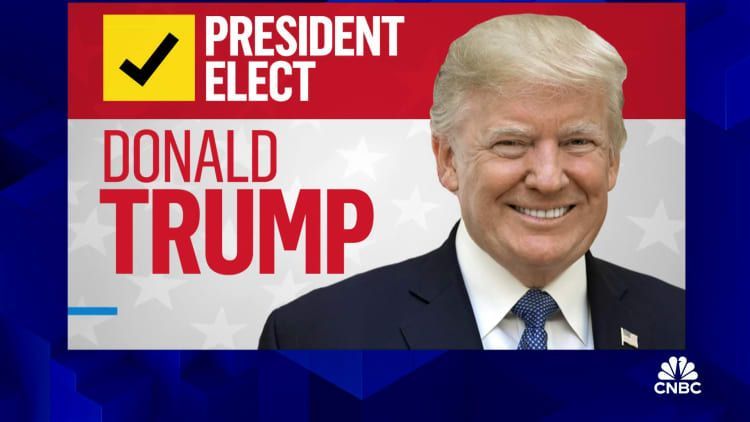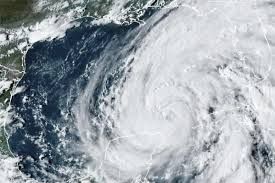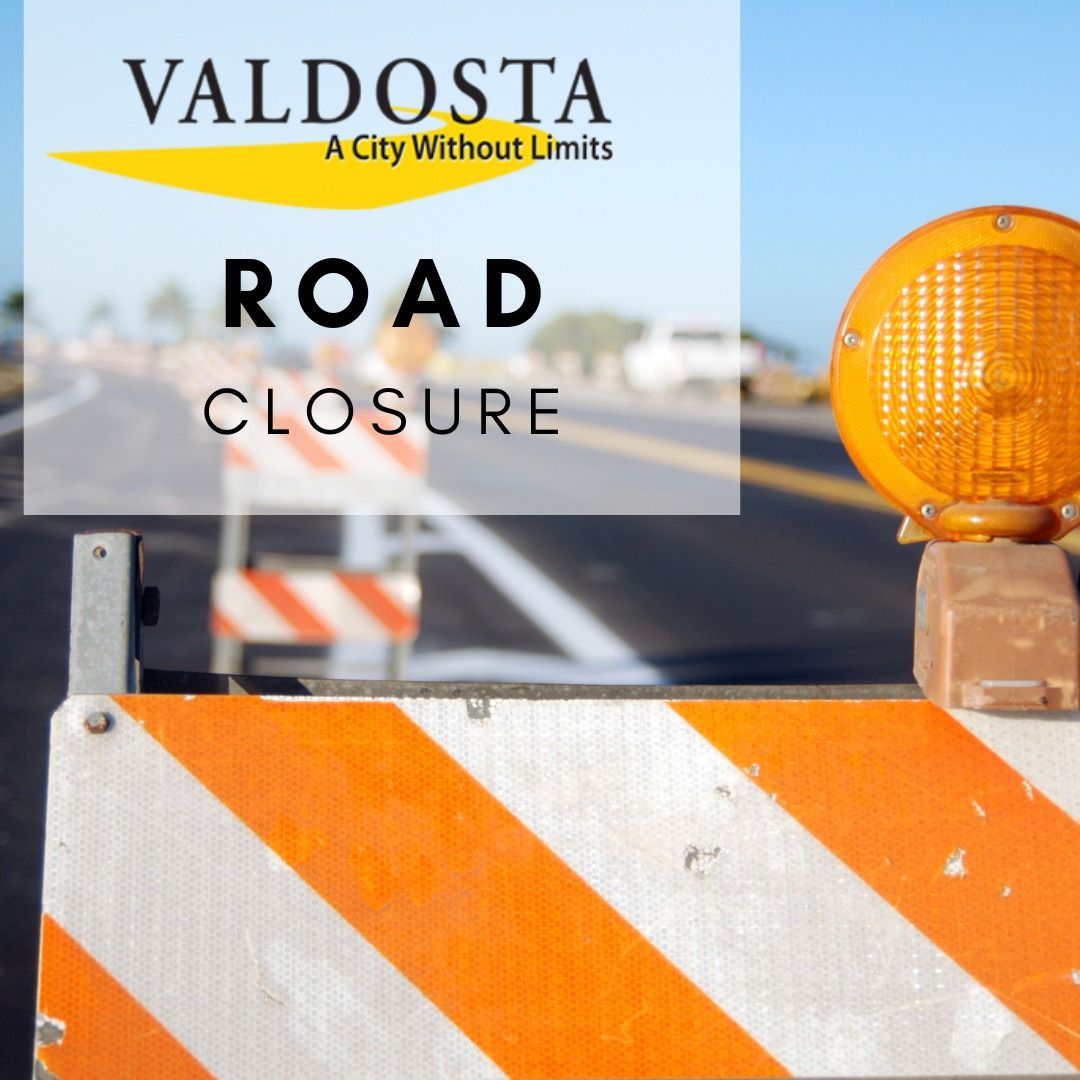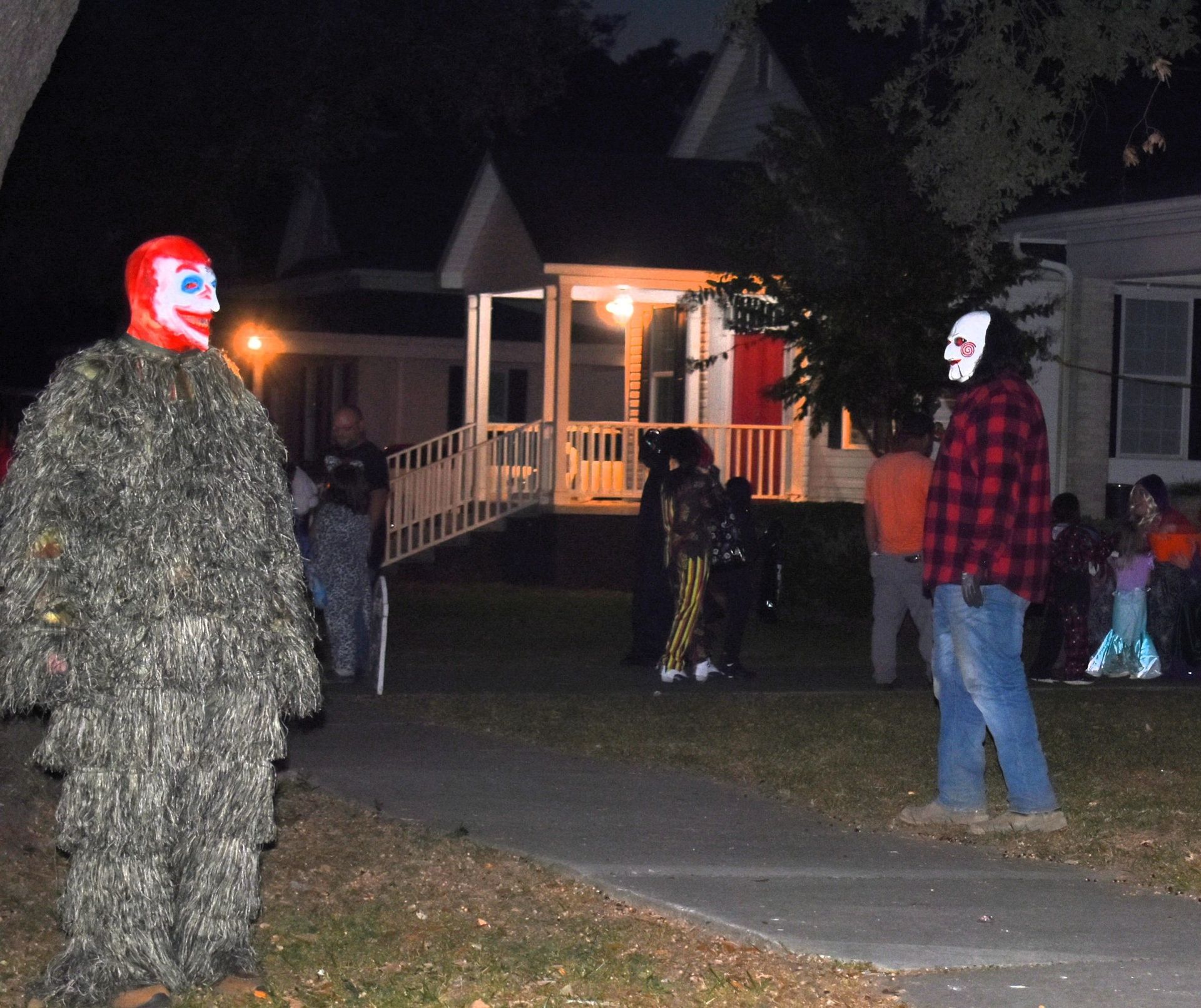
Veteran's Corner
Veterans Corner
Amanda Manning
Mental health, often ignored, is one of the major issues with returning soldiers and veterans within the United States. Across the nation, veterans often suffer with many issues from physical to mental. One of the most serious mental issues for Veterans is Post-Traumatic Stress Disorder, better known as PTSD, it is a serious issue that was once ignored and may hit several veterans.
Those who suffer from PTSD may show clear physical and psychological symptoms like substance abuse, memory problems, depression, martial problems, instability, discord with family, difficulties parenting, and feelings of numbness.
PTSD is reactions to stress and trauma that survive natural disasters, combat, personal assaults, accidents, terroristic incidents, and other life-threatening events. Military often suffer from military combat and women in the military are often suffering for violent personal assaults, according to military.com.
The number of Veterans that suffer this diagnosis varies by areas. According to ptsd.va.gov, veterans who served in various wars are diagnosed in any given year. Numbers include:
- “Operations Iraqi Freedom (OIF) and Enduring Freedom (OEF): About 11-20 out of every 100 Veterans (or between 11-20%) who served in OIF or OEF have PTSD in a given year.
- Gulf War (Desert Storm): About 12 out of every 100 Gulf War Veterans (or 12%) have PTSD in a given year.
- Vietnam War: About 15 out of every 100 Vietnam Veterans (or 15%) were currently diagnosed with PTSD at the time of the most recent study in the late 1980s, the National Vietnam Veterans Readjustment Study (NVVRS). It is estimated that about 30 out of every 100 (or 30%) of Vietnam Veterans have had PTSD in their lifetime.”
Women and men who suffer from military sexual trauma (MST) can occur at any given time be there peacetime, training or war. “ Among Veterans who use VA health care, about: 23 out of 100 women (or 23%) reported sexual assault when in the military. 55 out of 100 women (or 55%) and 38 out of 100 men (or 38%) have experienced sexual harassment when in the military.
There are many more male Veterans than there are female Veterans. So, even though military sexual trauma is more common in women Veterans, over half of all Veterans with military sexual trauma are men”, according to ptsd.va.gov.
Social media has become a way for many to find support from peers who may suffer the same. Social media platforms include Youtube, Facebook, Tik Tok, Twitter, and blogs. “ Suffering from post-traumatic stress impacts and restricts the life situation of the individual on several levels, not least regarding social difficulties. Social media on the Internet facilitate new possibilities for interaction and communication. Earlier research has demonstrated that people use social media to seek support and to discuss health-related issues,” Salzmann-Erikson M, Hiçdurmaz D. Use of Social Media Among Individuals Who Suffer From Post-Traumatic Stress: A Qualitative Analysis of Narratives. Qual Health Res. 2017 Jan;27(2):285-294. doi: 10.1177/1049732315627364. Epub 2016 Jan 29. PMID: 26825480.
However, there are downfalls to everything, and social media is not without its own pitfalls. Social media can often create a group of like-minded people that help one another with various mental illness such as PTSD but it can also cause harm from people who do not have it or want to bully people.
Pam Ramsden wrote in 2017, that the general public viewing videos and pictures of levels of devastation and destruction can suffer from watching the events and feeling that anguish. The trauma suffered by the general public often lead to mental disorders including PTSD but for those who already suffer this disorder it may have devastating effects for them.
Veterans however who suffer from mental health in Georgia can contact various support lines. These lines are listed in the MHA (Mental Health America of Georgia) website. Listed below are the GA Veteran’s Resources from mhageorgia.org:
Veterans Crisis Line: if experiencing thoughts of suicide, call 1-800- 273-8255, then press 1 or visit veteranscrisisline.net Visit maketheconnection.net for information, resources and veteranto-veteran videos for challenging events and experiences with mental health issues.
VA Women Veterans Call Center: call or text 1-855-829-6636 Monday through Friday from 8 a.m. to 10 p.m. and Saturday from 8 a.m. to 6:30 p.m. VA Caregiver Support Line: 1-855-260-3274 Monday through Friday from 8 a.m. to 10 p.m. and Saturday from 8 a.m. to 5 p.m.
For emergency mental health care go directly to local VA medical centers 24/7 regardless of discharge status or enrollment in other VA health care programs.
Vet Centers: to discuss how you feel with other veterans in these community-based counseling centers. Call 1-877-927-8387.
VA Mental Health Services Guide: guide for sign-up and access to mental health services. https://www.va.gov/files/2020-11/mentalhealth-quick-start-guide.pdf
VA Caregiver Support Line: call 1-855-260-3274 Monday through Friday from 8 a.m. to 10 p.m. and Saturday from 8 a.m. to 5 p.m
Resources can be found all across the Internet but most resources for veterans can be found at mhageorgia.org, www.va.gov., gafamilycounseling.com and veterans.georgia.gov. here in the state of Georgia.
Breaking News
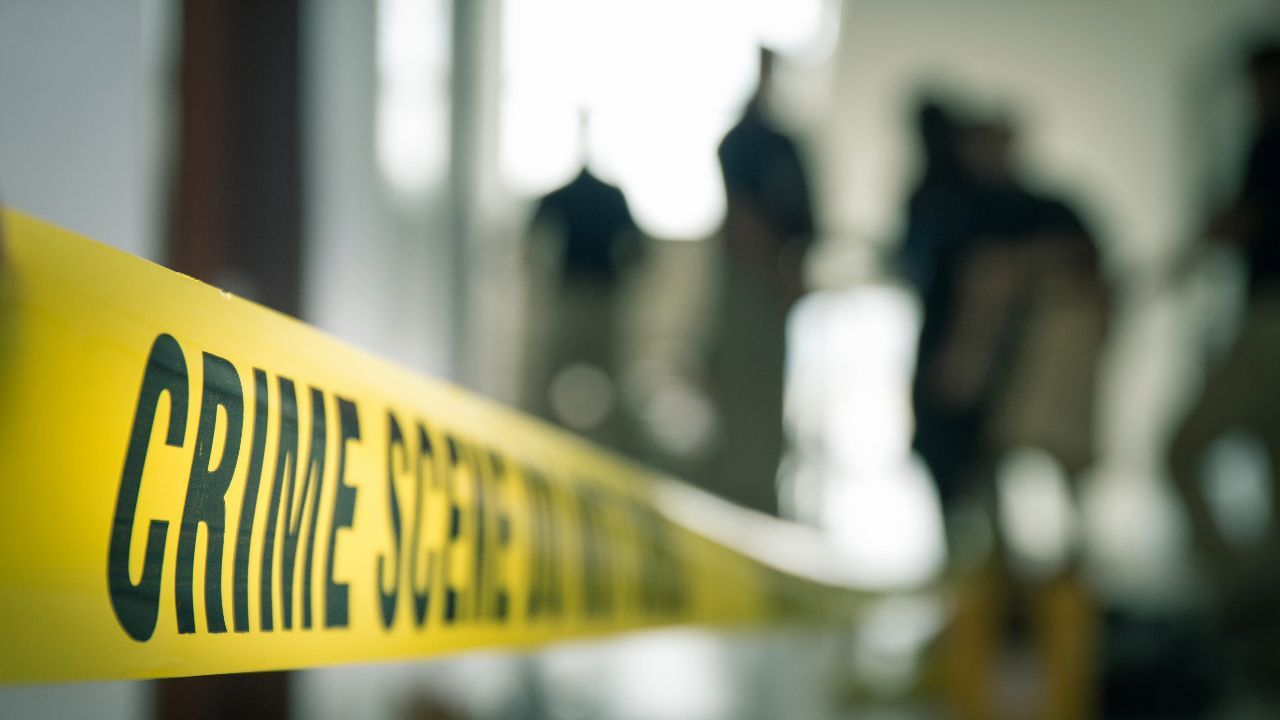
Brooks County News & Stories
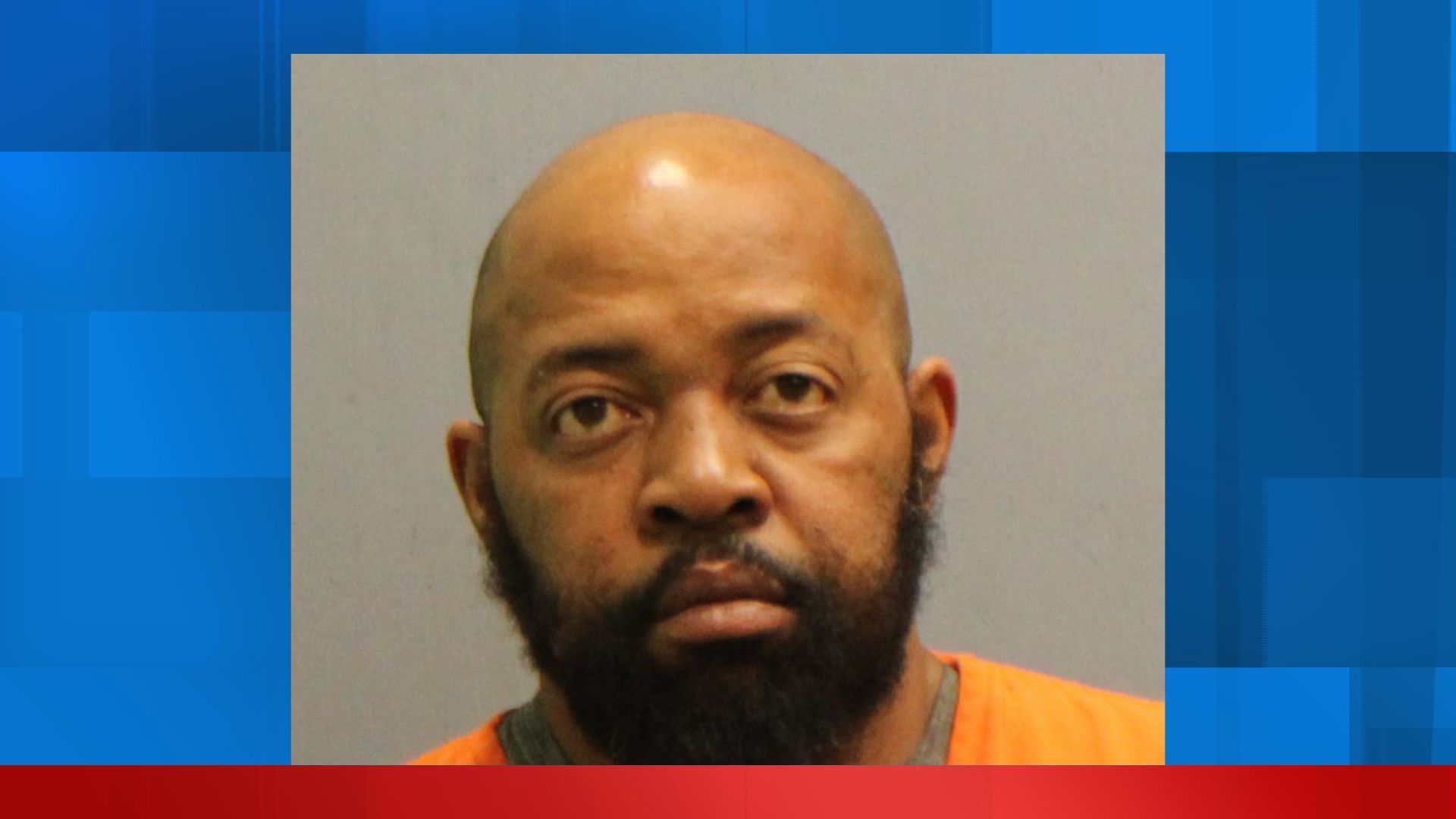
Contact us
BrooksCountyNews&Stories

